Dealing with parents of players we coach is a daily thing and sometimes requires some specific skills to avoid conflicts. Sometimes, however, conflict is unavoidable either because of some tough selection decisions that need to be made or simple because the parent(s) is/are difficult to deal with because they have certain expectations of their child(ren) and often the coaches’ ideas/thoughts simple does not match those expectations.
By Tjitte Weistra, Badzine columnist. Photos: Badmintonphoto
I do believe it is important to reiterate that the vast majority of parents are great and it is somehow unfair to generalise parents of players and label them as being annoying, interfering and pushy because it is certainly not the case. The purpose of this article, however, is to share some thoughts and experiences on dealing with parents who do seem to interfere with coaching, who never seem to agree with decisions made by coaches. Before doing so we must also acknowledge that when parents do interfere or are questioning decisions made, that they could be right. If, by definition, you believe that, every time you have had conflicts with parents, that “they” were wrong and you were always right then perhaps you, the coach, need to take some time to reflect on those conflicts and see whether you were indeed always right.
So let’s assume you, the coach, have made a decision regarding selection – for a squad, team or partnership for example – or you are in the middle of a training session and a particular player’s parents disagree with your decision to either not select a player or to put him/her in a partnership they disapprove of or don’t like the way you have planned/structured your training session. From the moment you are being made aware by the parent(s), what do you do? What is the first step a coach needs to take?
When dealing with selection, I would like to take you one step back to the actual selection process. This would apply to situations where the selected player(s) are under the age of 18. The key question that needs to be asked during the process is “which player is likely to be very disappointed with his/her non-selection”. If the selection is straightforward, then a few issues can be expected but if difficult decisions need to be made then you, the coach, can expect some questions from players and/or from parents. Are you prepared for those questions to be asked? Have you identified those players/parents who are likely going to be disappointed and/or upset? It is important that these questions be addressed prior to announcement of team or partnership selections so you are prepared. I believe that being pro-active and sitting down with those players and parents that have missed out before the selection is announced/released is by far the best way to deal with any possible conflicts.
From personal experience, a coach will get more respect and support from parents when selection is transparent and parents are being kept in the loop when it comes to the non-selection of their child and the reasons why their child is not selected. It stops parents from making up their own reasons. These often do not match your reasons and things can sometimes get ugly from there. Face-to-face conversations are by far the best way of dealing with these issues and a phone call is second best. Avoid sending emails as primary ways of advising players they have not been selected. An email to follow up or to confirm the decision made is fine but please ensure initial information is being passed on in person or over the phone.
Coaches who take on board the above advice will have far less trouble with parents than those coaches who avoid having these discussions or who wait for parents to address the issue. Be pro-active and you will be respected for it.
If, regardless of you being pro-active as a coach, you are being challenged by parents, then try to follow some simple steps to ensure it doesn’t escalate:
1. Be prepared and have your facts ready (be pro-active)
2. Stay composed and calm at all times (stick to the facts)
3. Where possible, have another coach or staff member present at any formal meeting(s)
4. If being confronted during a training session, ask the parents to please wait for the training session to be finished so you can have a meeting quietly where others cannot overhear the conversation
5. Where confronted by parents via email, do not enter in an email “war” but instead pick up the phone and ask for a meeting
It is more than likely that, despite having a meeting and being pro-active, the parents still disagree with your decision so it is important that you also outline what, in your opinion, the player needs to do in order to have a better chance of being selected next time. This creates an incentive for players to continue working hard and for parents to keep supporting them. We have to remember that parents do invest an enormous amount of time and money into their children, especially when involved with badminton at a high level so when this does not result in selection then it is normal for them to be disappointed. Unfortunately, it is also human to, first of all, try to find the blame with something or somebody else.
The other situation which can often cause conflicts is where parents interfere with a training session. This can be difficult as you, the coach, need to make an instant decision to either deal with it immediately or to wait until after the session is finished depending on the nature and seriousness of the interference. Often, you may have no other choice than to address the issue straight away but if the interference is not of a bad nature and parents are simply being over-enthusiastic, then it can probably wait until the session has finished and you have a quiet word together.
Much can be avoided by involving the parents at the start of the season/year with your training programme and intentions. Again, it is about being pro-active. Make sure you are approachable and set some basic guidelines about sideline behaviour and what you expect from parents. A code of conduct may help but I would try to use some common sense to start off with. Encourage parents to attend training sessions and have regular informal meetings to keep parents aware of what is happening. Most parents do not attend sessions as they will be too busy and it will often be the same parents whom you do see at training sessions who turn out to be the ones that ask questions or who can create some conflicts. They may often be labelled as “difficult” but often they are the ones who simply ask the questions that others are afraid of asking. It will all come down to your attitude as a coach and to how approachable you are. Personally, I have had to learn a lot about how to deal with parents and certainly have made some crucial mistakes. I have ignored the 5 steps mentioned above at least once during my coaching career and because of it have created conflict which could have been avoided so I hope you will not commit the same errors and rather, that you can take the suggestions on board.
To all parents who are reading this article, coaches do understand how much time and effort you put into supporting your child(ren) and it is really appreciated. Without you, young players would not be where they are now. Unfortunately, this alone cannot guarantee a player’s selection or success. It can be very difficult to see your child upset and disappointed so you have every right to ask some questions. Please try to stay objective, don’t get personal and if you are not satisfied with the reasons provided, then consider putting something formal in writing which will then have to be addressed by the organisation employing the coach. It is highly unlikely that a decision will be changed but what you should get out of it is some clear information on what your child needs to improve on in order to increase the likelihood of selection next time.
![COACH’S NOTEBOOK – Parents, you’ve gotta love them! Dealing with parents of players we coach is a daily thing and sometimes requires some specific skills to avoid conflicts. Sometimes, however, conflict is unavoidable either because of some tough […]](http://www.badzine.net/wp-content/uploads/Newsflash-thumbnail.png)
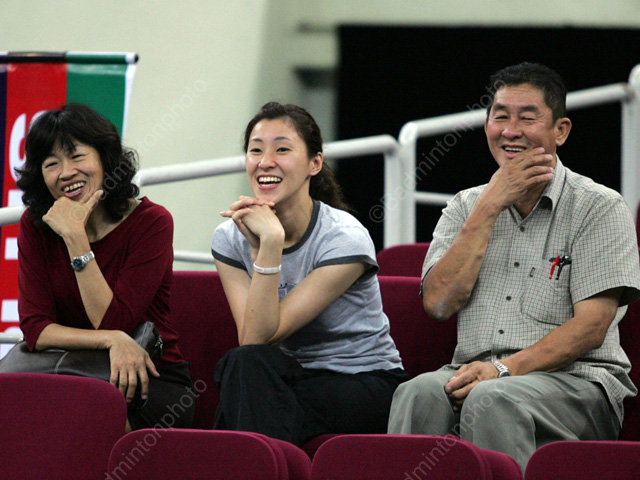
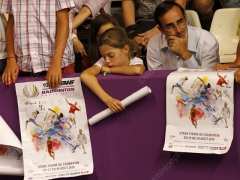
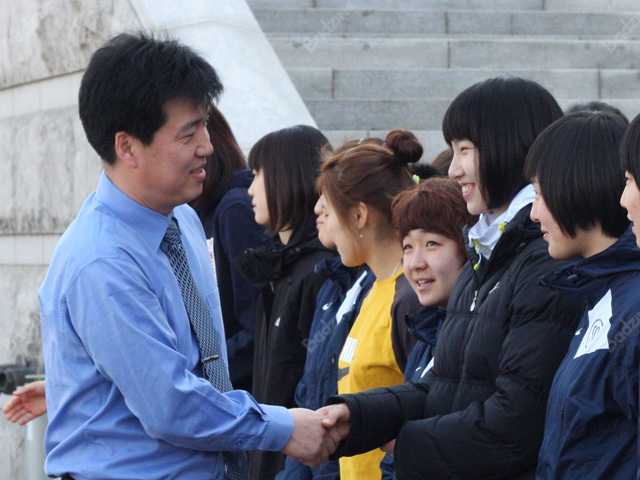
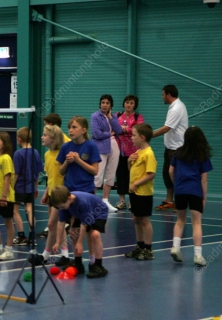
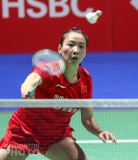

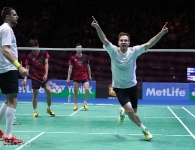

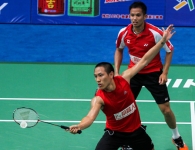
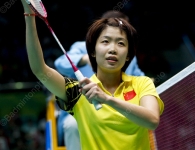
Leave a Reply